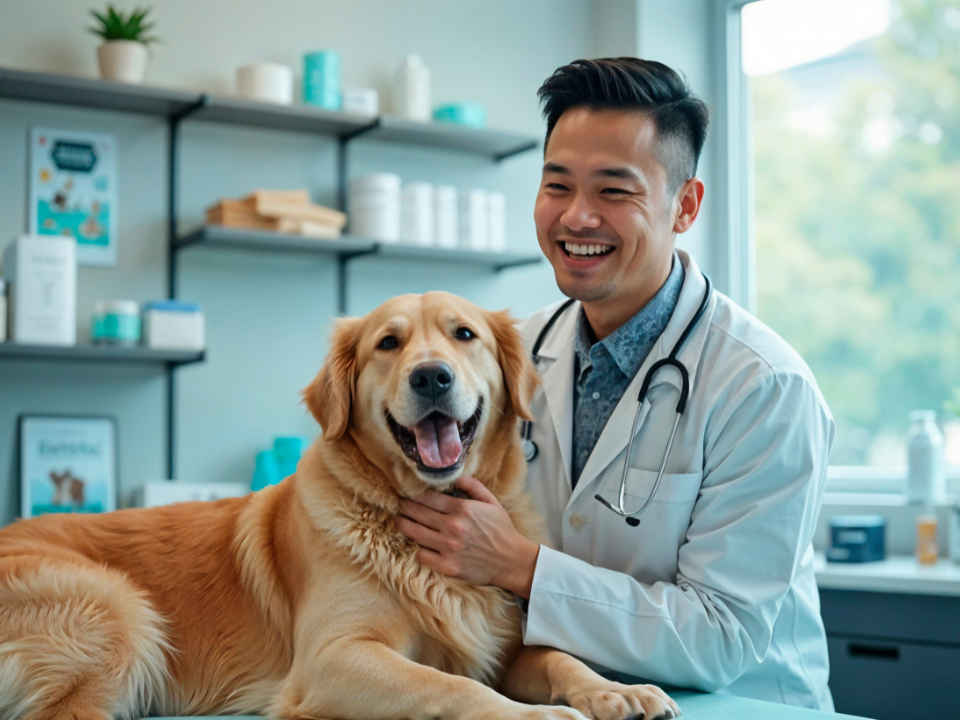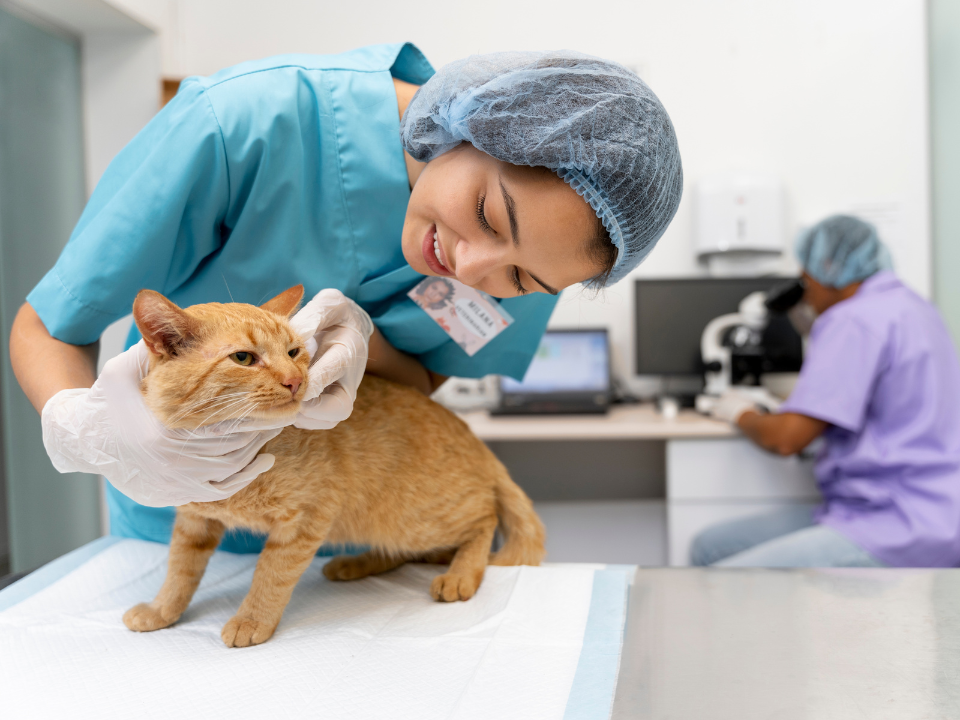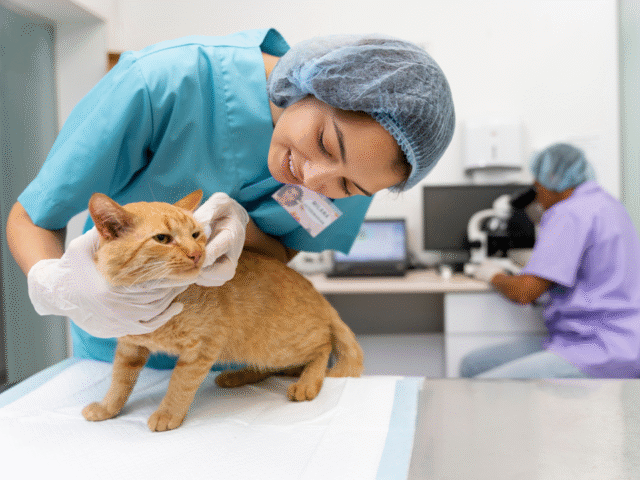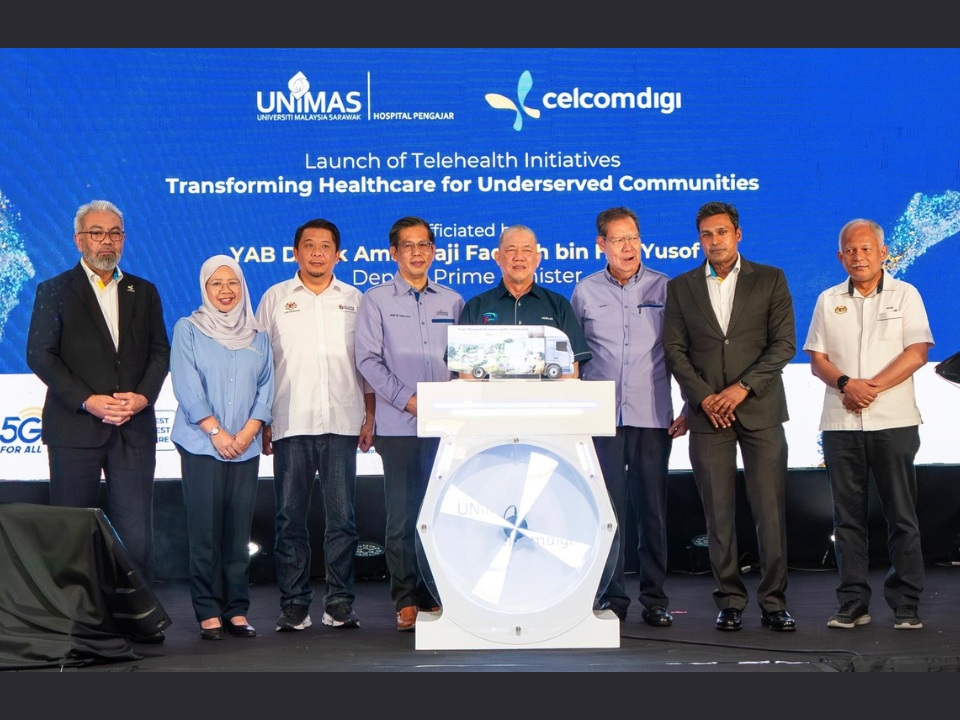
Every year, World Veterinary Day celebrates the dedication of veterinarians who work tirelessly to protect animal health, ensure food safety, and support environmental sustainability. Falling on 26 April 2025, this year’s theme “Animal Health Takes a Team” reminds us that behind every healthy pet, productive farm, and safe food supply is a collaborative effort driven by veterinary professionals.
In Malaysia, this celebration is more than symbolic. Veterinarians across the country are leading the frontline response to major public health challenges from zoonotic disease prevention to food security and climate change mitigation.
Why Veterinarians Matter Now More Than Ever

A stark example of veterinary teamwork is the global fight against Highly Pathogenic Avian influenza (HPAI). While millions of birds have been culled across the UK and US, affecting poultry prices and food supply chains, Malaysia has so far been spared a similar crisis. This is thanks to the preventive work of our veterinarians, supported by the Department of Veterinary Services (DVS) and private sector partners.
But protecting animal health doesn’t happen without support. Continuous investment in early detection, funding for veterinary infrastructure, and proper disease surveillance is crucial. Without it, Malaysia’s RM18.8 billion poultry industry could be at serious risk.
Veterinarians Guard Our Food Chain and Environment

Beyond disease control, antimicrobial resistance is another looming threat. Veterinarians are working with farmers and food producers to ensure antibiotics are used responsibly, monitoring everything from farm practices to slaughterhouses, ensuring safe and residue-free products reach Malaysian consumers.
They are also part of a global push to fight climate change. Animal agriculture is a major contributor to greenhouse gas emissions, and veterinarians are using innovative strategies like better feed additives, manure management, and nutrient optimization to reduce livestock’s environmental footprint. These science-baked solutions play a major role in making livestock production more sustainable.
The Push for Better Welfare, Stronger Policy, and Fair Pay

As demand grows for beef and dairy products, Malaysia’s veterinarians are at the front of boosting productivity through better breeding and husbandry practices. However, these advancements need strong, forward-thinking government policies to thrive.
Animal welfare is another pressing issue. From stray dog control in cities to humane farming practices, the public expects veterinarians to lead responsibly. To make this possible, more collaboration is needed with local councils, NGOs, and policymakers to promote neutering, responsible pet ownership, and better animal welfare laws.
Despite rising demand for veterinary clinics and services, the profession faces resource constraints. Many clinics struggle with underfunding, staff shortages, and lack of training. Access to financing and government support for infrastructure and skills training will help clinics meet growing expectations.
But perhaps the most urgent issue is compensation. Public-sector veterinarians in Malaysia are underpaid despite undergoing five years of rigorous training, on par with medical doctors. Many are leaving for better-paying roles in the private or commercial sector. To retain this essential workforce, Malaysia must review salaries, offer career development paths, and reward merit, not just seniority or vacancies.
This World Veterinary Day, Let’s Support Our Animal Health Guardians
Veterinarians are more than pet doctors, they are the backbone of animal health, food security, and environmental stewardship. Their work ensures that our food is safe, our animals are healthy, and our communities are protected from disease.
This World Veterinary Day let’s not only recognize their contributions but also commit to giving them the support, recognition, and resources they deserve.










